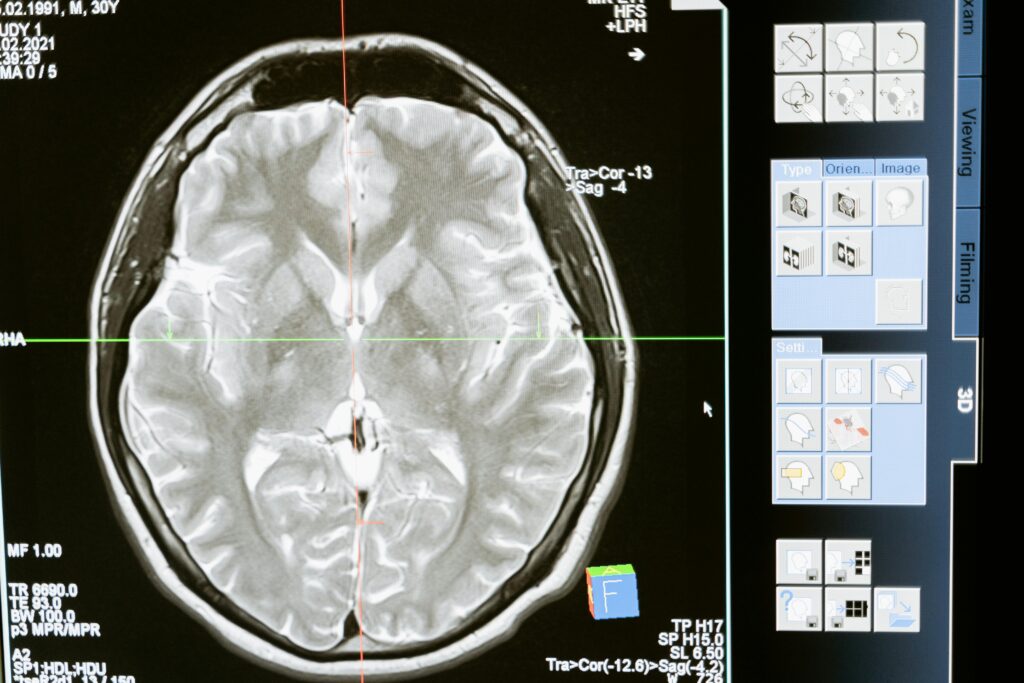Exercise and Mental Health
It is no secret that exercise is an essential requirement of life. The health benefits of exercise go far beyond the physical benefits and extend into almost every aspect of your life, including significant mental health benefits. It is a vital discipline that can mean the difference between a long lasting life of prosperity, or a short coming of a futile life.
Yet, with a country plagued with mental health disorders and obesity, the importance of exercise has not seemed to click. The full spectrum of the benefits of exercise are still not fully understood, but our current knowledge of it indicates that the payoffs far exceed the physical benefits.
One of the greatest consequences of exercise is its effects on mental health. Exercise has been proven to aid in many different areas of mental health including Depression, Anxiety, ADHD and even certain Psychotic Disorders. The effects of exercise far exceed most peoples knowledge of the body on how it impacts mental, emotional and cognitive health as well as habits. Regular exercise can improve energy levels, sleep quality, memory, relaxation, and overall mood.
Benefits of exercise include overall well being, increased focus, better mood regulation, positivity and better sleep quality. Furthermore, it is also linked with an overall sense of accomplishment, the maintenance of healthy habits and increased energy. In a country crippled with mental and physical issues, the lack of education on exercise is bewildering.
Exercise and The Brain
Before we understand the benefits of physical activity on mental health, we must first comprehend how it effects the brain. Exercise helps aid mental health issues by promoting brain stimulation. It stimulates new brain cells, restoring its overall cognitive function.
One vital area that exercise helps stimulate is the hippocampus. The Hippocampus is the region of your brain that helps control emotions, memory and learning. When individuals have a smaller hippocampus, they are usually shown to have more cognitive deficits and depressive symptoms.
Moderate exercise, such as 30 minutes a day, can significantly enhance brain function by improving mood, cognitive abilities, and overall mental health.
Exercise plays a crucial factor in the development of a brain, as exercise helps grow and connect new nerve cells in the hippocampus, almost like a workout. As a result, you stimulate new neural pathways in your brain, creating new activity patterns. These new activity patterns develop stronger cognitive, memorization and critical thinking skills as well as mood regulation. Overall, when you exercise you create a healthier and more efficient brain, beneficial for overall mental health.

Exercise and Depression
In understanding the relationship between exercise and the brain, we know that exercise not only has physiological benefits but goes hand in hand with neurological health, providing present and future benefits. If exercise plays an integral role in our neurology, then surely it must play a role in our mental health.
What if I say that exercise may be a great alternative for Anti depressants. One of the main issues with anti depressants, is that the effects are mainly temporary and it is simply a means to an end. Not only are the effects temporary, but they can also take weeks or months to show the full benefits. However, the benefits of exercise can be shown immediately.
According to researchers, exercise has been proven to have the same effects on mild to moderate symptoms of depression as anti-depressants. In a study by Harvard T.H Chan School of Public Health, they had found that running for 15 minutes a day or walking for an hour a day could decrease risk of major depression by 26%.

The reason for this is, that when you exercise your body releases Endorphins. Endorphins are peptides produced in the brain that blocks the feelings of pain and stress by increasing the levels of “feel good hormones”. When released, endorphins fill up the pain receptors, reducing the perception of pain. They help boost mood, optimism and pleasure. When you partake in a pleasurable activities such as eating snacks, playing video games, or watching tv, your body releases endorphins.
Along with the neurological consequences of depression, lifestyle choices contribute to depression as well. Factors such as the lack of sleep, unhealthy habits, and stress can all accumulate to a depressive cycle. One of the most immediate benefits of exercise is its alleviation of stress.
Chronic Stress can cause problems such as insomnia, heartburn, stomachache, diarrhea, tensing of muscles, chest pains and frequent urination. Exercise helps aid this issue as not only a form of distraction, but an overall relaxation of the body. Physical stimuli are one of the best ways to clear your mind. It can serve as another form of meditation and provide mental tranquility.
Along with that, exercise also helps regulate sleep patterns improving the quality of your sleep. Studies show that Resistance exercises and Aerobic exercises help promote deep sleep. This can provide an overall feeling of accomplishment and boost motivation to develop healthy habits and discipline. Depression is a cycle of negative patterns and instilling new habits and disciplines can disrupt that and in turn create new positive thought patterns.
Exercise and Other Mental Health Disorders

Exercise can also benefit other mental health disorders as well, including ADHD, anxiety, Alzheimer’s, and other mental illnesses. For individuals who suffer from ADHD, Attention Deficit Hyperactivity Disorder, exercise can help suppress their symptoms. Exercise helps produce serotonin, dopamine, and norepinephrine, all of which can help improve concentration, attention, and mood regulation. Furthermore, the cognitive benefits of exercise also exceed common attention deficit and depressive disorders and can reduce long-term consequences of an aging brain, such as Alzheimer’s.
Physical exercise is crucial for mental well-being, enhancing mood, outlook, and overall mental health. Regular physical activity can lead to sharper memory and thinking, higher self-esteem, better sleep, more energy, and stronger resilience.
Exercise can also help with Anxiety Disorders, reducing levels of stress. Close to 55 percent of Americans say they feel stressed every day. According to Yale Medicine, chronic stress is defined as a consistent sense of feeling pressured and overwhelmed over a long period of time. The health repercussions can be very harmful, with stress being linked to heart disease, immune disorders, and pain syndromes, as well as depression, post-traumatic stress disorder, alcoholism, and drug addiction. Physical exercise has the power to reduce stress through biological and physiological matters, which can help alleviate anxiety.
There are three main benefits that cause this. First of all, as we previously stated, exercise helps release endorphins. The releasing of endorphins stimulates pleasure in the body and can alleviate feelings of anxiety and worry. Second of all, exercise can help with the quality of sleep which in turn can not only help your overall mental health but stress as well. Sleep deprivation has been shown to not only cause cognitive decline but magnify depression and anxiety. Lastly, exercise is another form of meditation. The stimulation of your body is one of the best ways to refocus your thoughts. The repetitive body movement forces your mind to focus on muscle movement rather than thoughts. This can be a coping mechanism to diminish stress and anxiety.
LiveOasis does not provide medical advice, diagnosis, or treatment. Any information published on this website or by this brand is not intended as a replacement for medical advice. Always consult a qualified health or mental health professional with any questions or concerns about your mental health.




